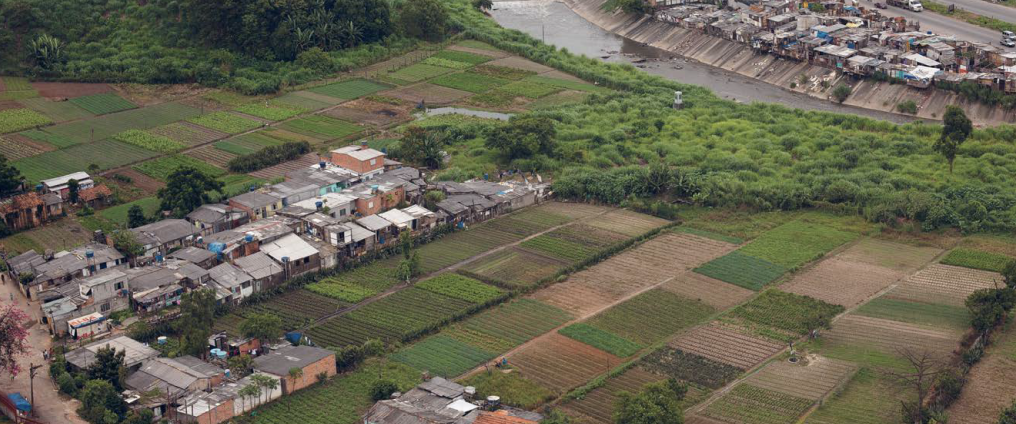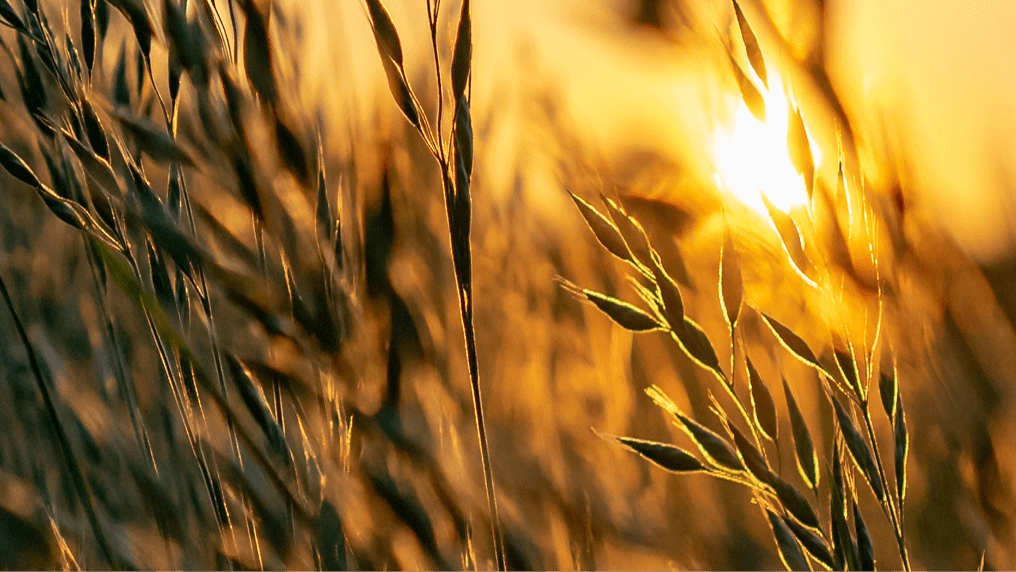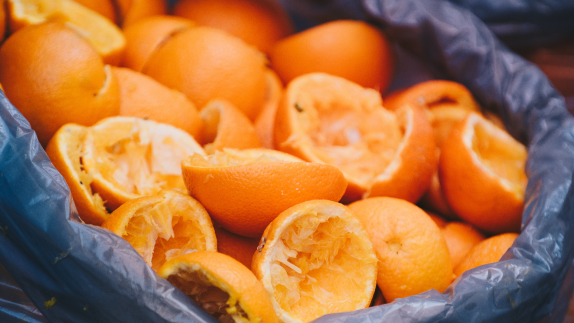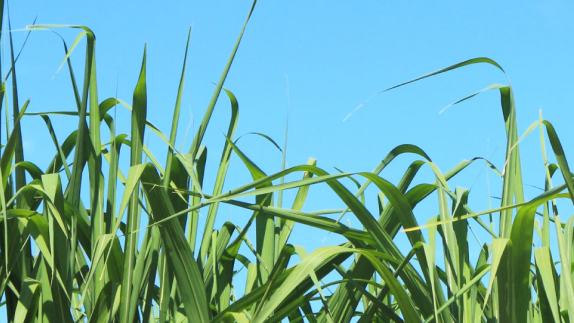
Connect the Dots aims to create a food system network that tackles social inequality and supports regenerative farming. Set up for the São Paulo peri-urban zone and the surrounding region, the programme supports and purchases produce from local farmers, to provide healthy food for vulnerable people.
Why it's an example of the circular economy
Connect the Dots is creating a circular economycircular economyA systems solution framework that tackles global challenges like climate change, biodiversity loss, waste, and pollution. It is based on three principles, driven by design: eliminate waste and pollution, circulate products and materials (at their highest value), and regenerate nature. for food by supporting local farmers as they transition to regenerative practices - farming that works with nature. This results in the production of high-quality local food that:
builds soil health
promotes biodiversity
helps to tackle climate change
reduces farmers reliance on synthetic fertilisers and pesticides
São Paulo municipality buys produce from these local farmers at 30% more than the market value to incentivise the transition to regenerative practices.
Today, 160 farmers are involved in the project and around 40% have fully converted from conventional to organic or regenerative practices, with a goal of 50% having done so by June 2021. The project is funded via Bloomberg Philanthropies 2016 Mayors Challenge, and cost approximately US$2.5M.
Supporting farmers with technology
Technical assistance, training and equipment are made available through municipal ‘Houses of Ecological Farming’ and via the ‘Technical Assistance and Rural Extension’ (ATER) Programme, which also helps farmers access financial support.
A digital platform was developed in collaboration with Sampa + Rural and Sis Rural to support the management of the technical assistance provided to farmers. This serves as an important planning tool, allowing authorised technicians to collect data, submit documentation and monitor action plans in a single portal.
Helping farmers go organic
Gaining organic certification can be costly and lengthy progress for small farmers. To address this, the ‘farmer under agroecological transition’ certification was created. The municipality purchases produce from farmers certified under this scheme at 30% above market value which helps to incentivise their transition to organic, regenerative practices.
The logistics of connecting many small farmers across the São Paulo region with urban food buyers is a significant challenge. Connect the Dots addressed this by improving road infrastructure and providing access to warehouses and a network of street markets and small food retailers, which allows them to sell their produce to consumers across São Paulo.
Environmental benefits
Protecting biodiversity
Connect the Dots was originally established to conserve forest reserves as urbanisation increases and protect local waterways during times of drought.
Supporting smallholders in their transition to regenerative farming practices helps to achieve those aims and ensure that peri-urban land is economically productive whilst providing habitat for biodiversity.
Returning organic waste to the soil
The municipality has the ambition to establish a decentralised network of compostingcompostingMicrobial breakdown of organic matter in the presence of oxygen. facilities to produce low-cost, high-quality compost that is suitable for organic, regenerative farming.
Since 2015, a pilot composting facility in Lapa has received 5 tons of organic waste a day. This comes from 26 street markets within the borough and tree pruning. The resulting fertiliser has been donated to local farmers who otherwise have difficulty in producing or accessing high-quality organic fertilisers. More public composting facilities located close to producers are proposed for the future.






